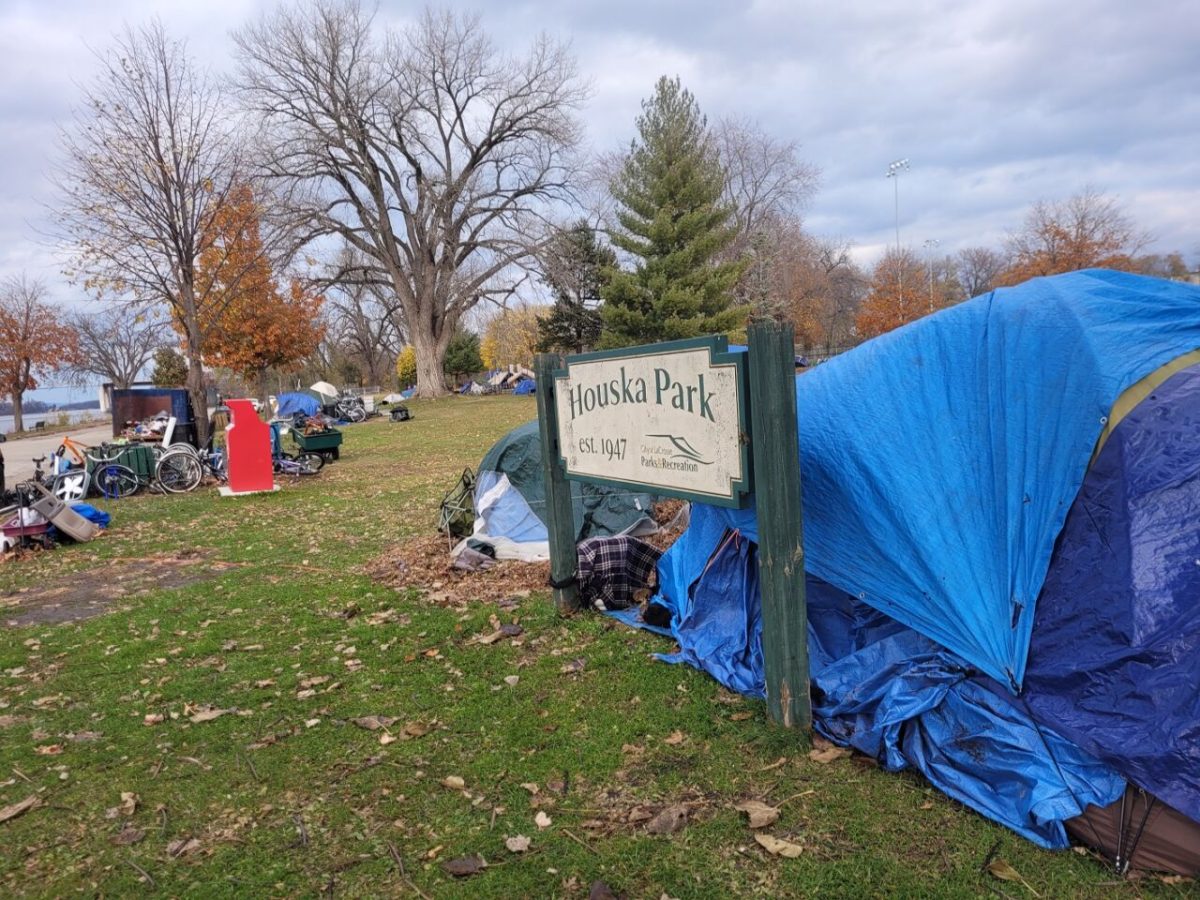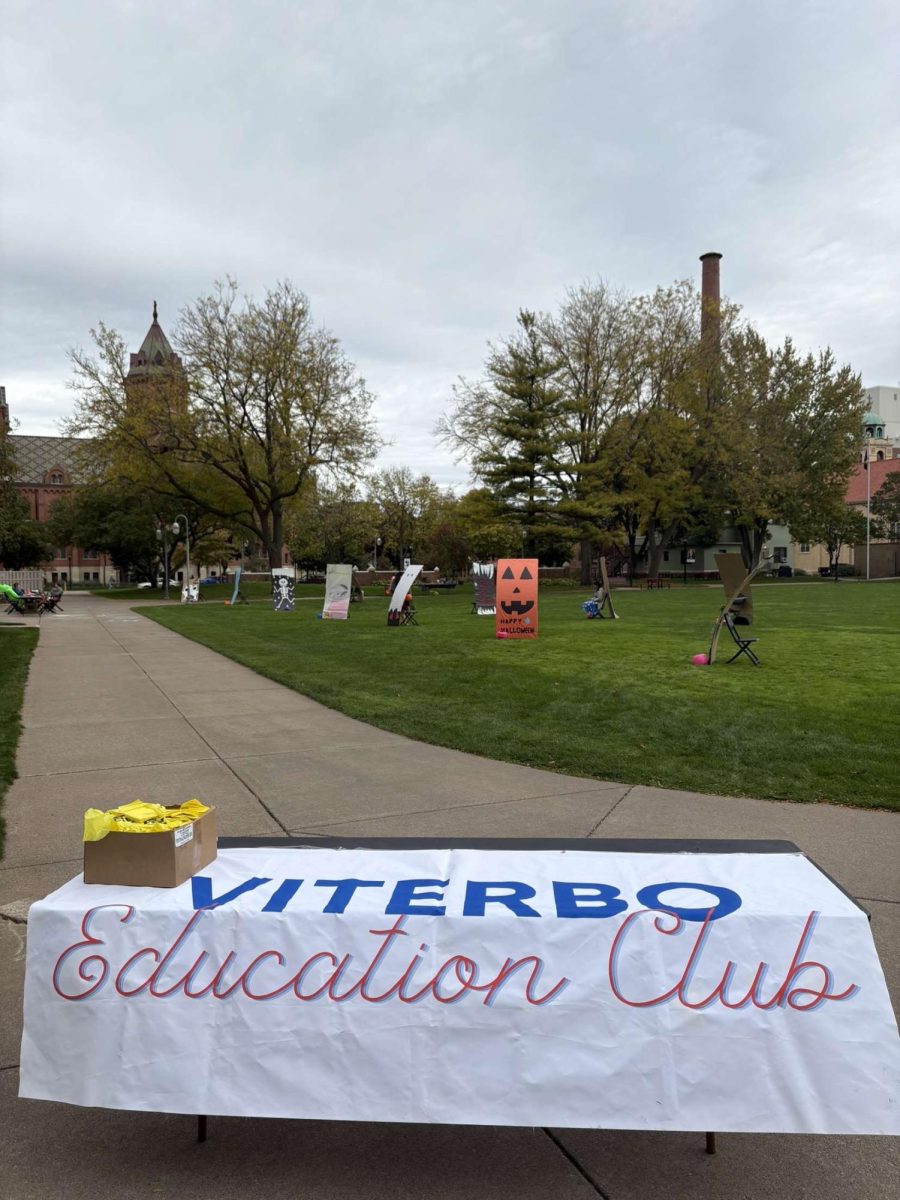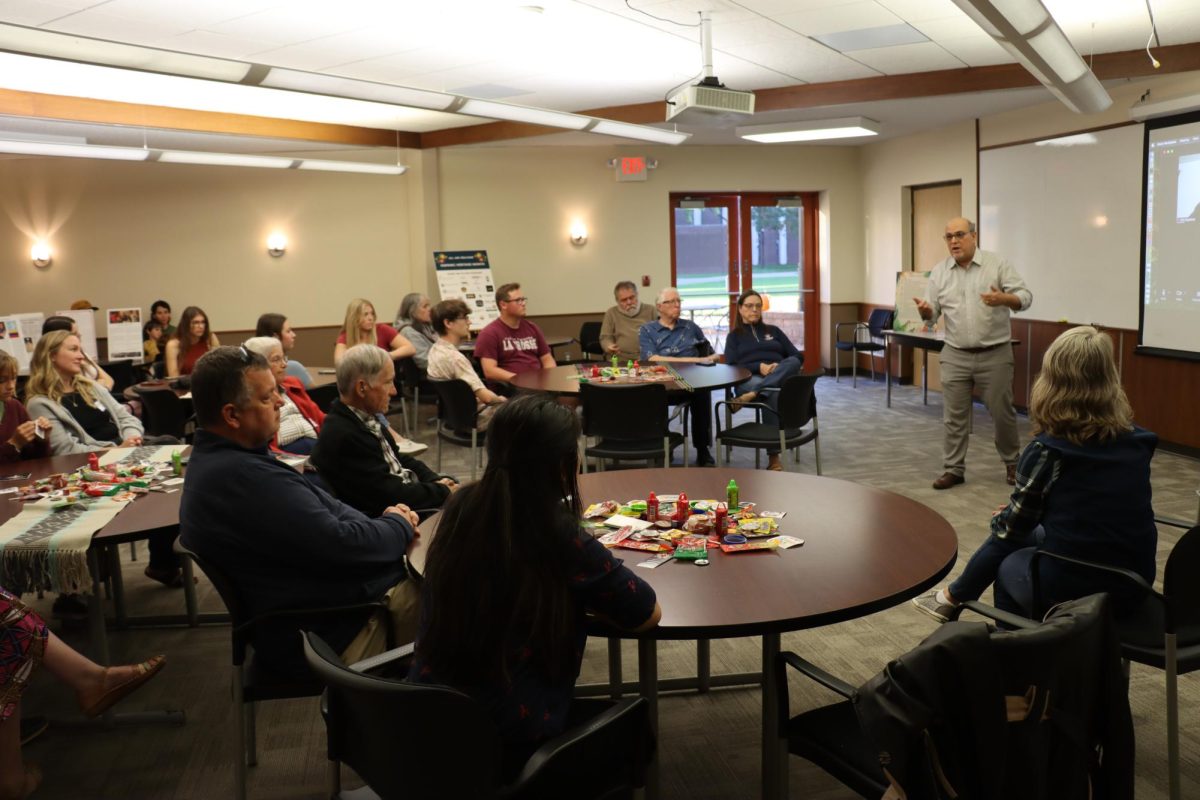On Jan. 8, 2024, a new homelessness action plan was presented to the La Crosse County Board and the City of La Crosse Common Council, and it is now being implemented throughout the surrounding communities It contains strategies which will be used by both non-profits and city governments to address several issues that cause and sustain homelessness. The new plan is called Pathways Home, and it is designed to be fulfilled throughout the next five years, with the goal of having a Functional Zero homeless population by 2029.
In June 2023, city and county officials began working together on a five-year plan to address homelessness, and during the following months, groups met to discuss the best ways to collectively do so. Members in these groups included local agencies, government employees, and people who have lived homeless experience. The plan promotes collaborative efforts between organizations and local governments in a way not previously seen.
Pathways Home was developed by agencies working in the prevention, crisis response, and outflow sections of homelessness. According to the official plan report, “Across the three groups, consensus emerged around a need for greater system coordination.” To do so, the countywide strategy employs what they call the “Great Eight” action pathways to Functional Zero.
The eight pathways included are as follows: build the system, close the housing gap, end the encampments, provide the necessary case management, shore-up prevention, re-imagine outreach, ignite and align caring connections, and calibrate the justice system. While an in-depth understanding of each is ultimately important, it cannot be fully covered in one article. For students looking to learn more, the whole five-year framework can be found here or by scanning the QR code.
The issue of homelessness is complex, so the need for an all-encompassing plan was clear. Mayor Mitch Reynolds said on the county’s official press release, “With greater coordination and consistent accountable leadership, we can reach our goal of effectively ending long-term homelessness in La Crosse.”
Independent Living Resources (ILR) is an organization working in the crisis response group of Pathways Home. They work in case management, community outreach, and reintegration of homeless individuals in over a dozen counties in Wisconsin. Michael Fitzpatrick works as a Homeless Outreach Specialist with ILR, and he is involved with the crisis response sector of the city’s plan.
Fitzpatrick is part of a homeless outreach team that brings support to people at their most vulnerable. The Homeless Outreach Team (HOT) consists of local organizational leaders involved in crisis response who work together to support the approximately 220 individuals and 20 households with homeless children in La Crosse County. Organizational members include various health providers, housing coordinators, and city officials.
The city hopes to achieve and sustain Functional Zero with Pathways Home. With a Functional Zero, there would be more available beds and housing options than there are individuals on the street. Fitzpatrick describes a functional zero as, “[It means] that homelessness is rare. And brief… It doesn’t last for very long.”
To do so, the coordinated teams in the different sections of the plan must understand the nuance of many homelessness cases. For example, someone may receive health services and be released onto the street, so to accommodate them, both housing and hospital services must be informed about their situation. Fitzpatrick said, “We’re really looking to create things that don’t have those specific little barriers so that people can access what they need.”
The plan is essentially a joining of forces between homelessness action teams, and its vision looks to lead to more sustained success against homelessness. “We’re doing a lot of good things already, and it’s important to remember that, but we want to bolster that up more,” Fitzpatrick said.
The Pathways Home plan for combatting homelessness is extensive and thoroughly planned. The steps towards Functional Zero have begun in La Crosse County, and by 2029, the homelessness issue in La Crosse is planned to be solved. Fitzpatrick has high hopes for the project, stating, “This is the first time that La Crosse city and La Crosse County have come together for something like this, so I feel excited about it.”



